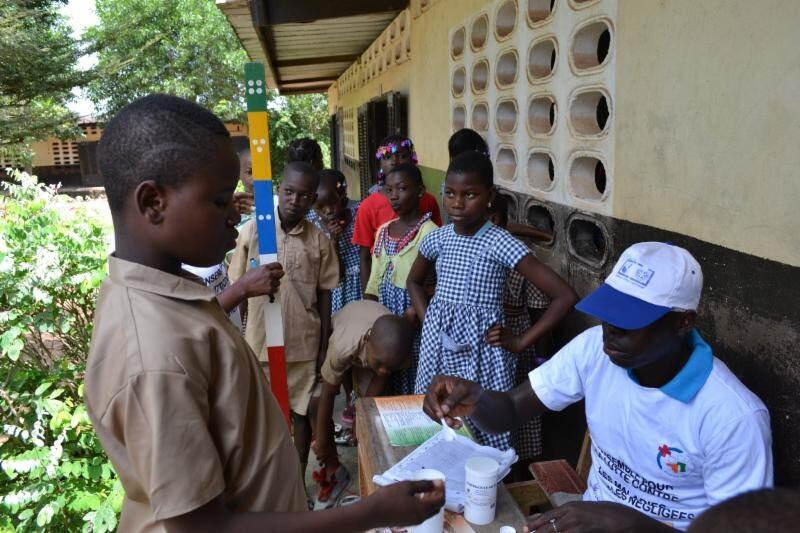
An international study published in PLOS NTDs reports that the economic benefits in productivity gain from preventive chemotherapy in NTD control and reaching the London Targets in five important neglected diseases are estimated to be $251 billion in 2011–2020 and $313 billion for 2021–2030.
This is considerably greater than the total out-of-pocket payments averted of $0.72 billion and $0.96 billion in the same periods. The net benefit is expected to be US$ 27.4 and US$ 42.8 for every dollar invested during the same periods. Impact varies between NTDs and regions, since it is determined by disease prevalence and extent of disease-related productivity loss.
The five most prevalent neglected tropical diseases are lymphatic filariasis, onchocerciasis, schistosomiasis, soil-transmitted helminths and trachoma. They can be controlled or eliminated by means of safe and cost-effective interventions delivered through programs of mass drug administration. The WHO defined targets for NTD control /elimination by 2020, reinforced by the 2012 London Declaration, which, if achieved, would result in benefits not limited to health gains. The authors estimated the potential economic benefit of achieving these targets for these NTDs.
The economic benefit was calculated by combining the estimated disease frequency with productivity loss resulting from the disease, from the perspective of a person affected. The estimated total healthcare costs averted are substantial though lower than productivity costs: $0.72 billion in 2011–2020, $0.96 billion in 2021–2030.
The authors are from the Erasmus University Rotterdam, the Department of NTD Control, WHO Geneva, Liverpool School of Tropical Medicine, the Swiss Tropical and Public Health Institute, and the Bill & Melinda Gates Foundation. Led by Dr Ken Redekop and Edeltraud Lenk at Erasmus, the team estimated the potential economic benefit of achieving these targets, focusing specifically on productivity and out-of-pocket payments, from the perspective of affected individuals.
LSTM’s Professor Louis Niessen, co-author and COUNTDOWN economist, said: “This study links poverty and neglected diseases, putting NTDs higher on the international agenda on the Sustainable Development Goals. Despite large uncertainty, these benefits far exceed the investment required by governments and their development partners within all reasonable scenarios. Given the concentration of the NTDs among the poorest households, these investments represent good value for money in efforts to share the world’s prosperity and reduce inequity.”
PLOS is presenting a series of five papers on the global NTD burden and socio-economic benefits of the 2020 NTD targets.